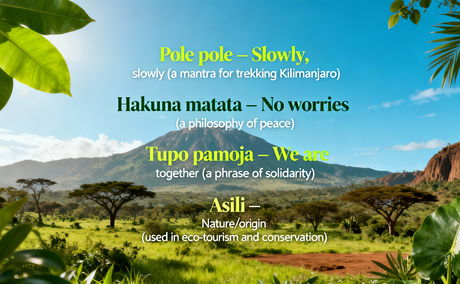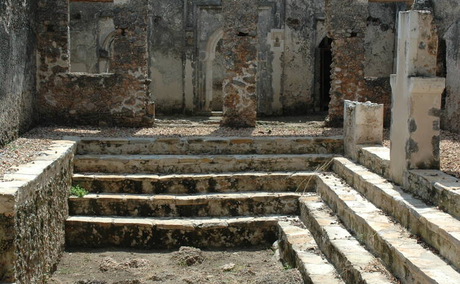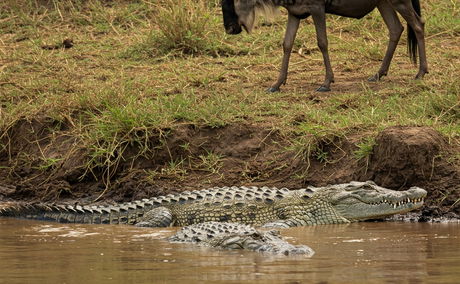For the eco-conscious traveler, a trip to Tanzania is a quest for authentic connection. This article reveals that the most powerful tool for achieving this isn't found in your backpack, but in your voice: the Swahili language. Moving beyond basic phrasebooks, we explore how Swahili is your key to responsible and transformative travel. It's a language born of trade and cultural exchange, making it inherently welcoming. We uncover how using Swahili fosters...
Unforgettable Family Safari in Tanzania: A Journey of a Lifetime
Tanzania has a stunning landscape, rich culture, and wildlife for family safaris. See elephants in the Serengeti and explore Ngorongoro Crater’s ecosystems. Go on guided tours with expert rangers, see cheetahs running and giraffes eating, and visit Maasai villages. Family-friendly accommodations and personalized safari packages. Tanzania has adventure, education, and bonding in a beautiful natural setting—memories for all.
Introduction
Are you imagining a fantastic family adventure filled with glorious sights, fabulous wildlife, and a mixture of cultural experiences? Your quest ends here with Tanzania, a place that offers exactly what you are looking for and more. With Kijani Tours, your family's experience will rotate around learning and fun; hence, it's the perfect getaway for both parents and children.
Why Tanzania?
Tanzania is an abundance of natural features, with some of the most beautiful National Parks and reserves known to man. The widely popular Serengeti for its majestic wildlife migration and the formidable Mount Kilimanjaro are all little adventure possibilities. What makes it truly stand out is the hodgepodge of cultures and traditions, allowing families enriching experiential lessons to cherish in their memories forever.
An Engaging Adventure Awaits
Kijani Tours works hard to create experiences tailor-made for families traveling with children. Whether discovering the expansive plains of Serengeti or lounging on the sun-kissed beaches of Zanzibar, each moment of the journey is designed to be interactive and fun. Imagine the thrill when your children witness a pride of lions in their own territory or catch an elephant sighting on the safari with the family! Not only do such moments serve to engrave fond memories, but they spark wildlife conservation interests within the very youngsters.
Fun and Interactive Learning Opportunities
Every Kijani Tours journey opens chances for educational discoveries. Kids can participate in guided tours with knowledgeable local guides who give intriguing insights into Tanzania's ecosystems, plants, and animals. They will be gaining valuable insights while observing animal behavior during safaris or learning about the conservation importance of specific animal migration patterns
Expand Your World with Kijani Tours: Where Adventure Meets Purpose
Tanzania’s seven UNESCO World Heritage Sites offer breathtaking beauty, rich history, and a deep connection to sustainable tourism. From ancient rock art to iconic National parks, these destinations play a vital role in conservation and community empowerment. Kijani Tours promotes eco-friendly adventures that protect cultural and natural heritage while supporting local livelihoods. Join the movement for responsible travel and explore Tanzania with purpose.
The Great Migration is a breathtaking event in nature, with over 1.5 million wildebeests, zebras, and gazelles traversing the Serengeti-Mara ecosystem. Each year, these animals confront the perilous Mara River, home to hungry crocodiles, where hesitation mixes fear with survival instinct. The migration is driven by seasonal rains that dictate grazing availability, underscoring the delicate balance of the ecosystem, with predators like lions playing a crucial role in this dynamic. As wildebeests...




Share This Post